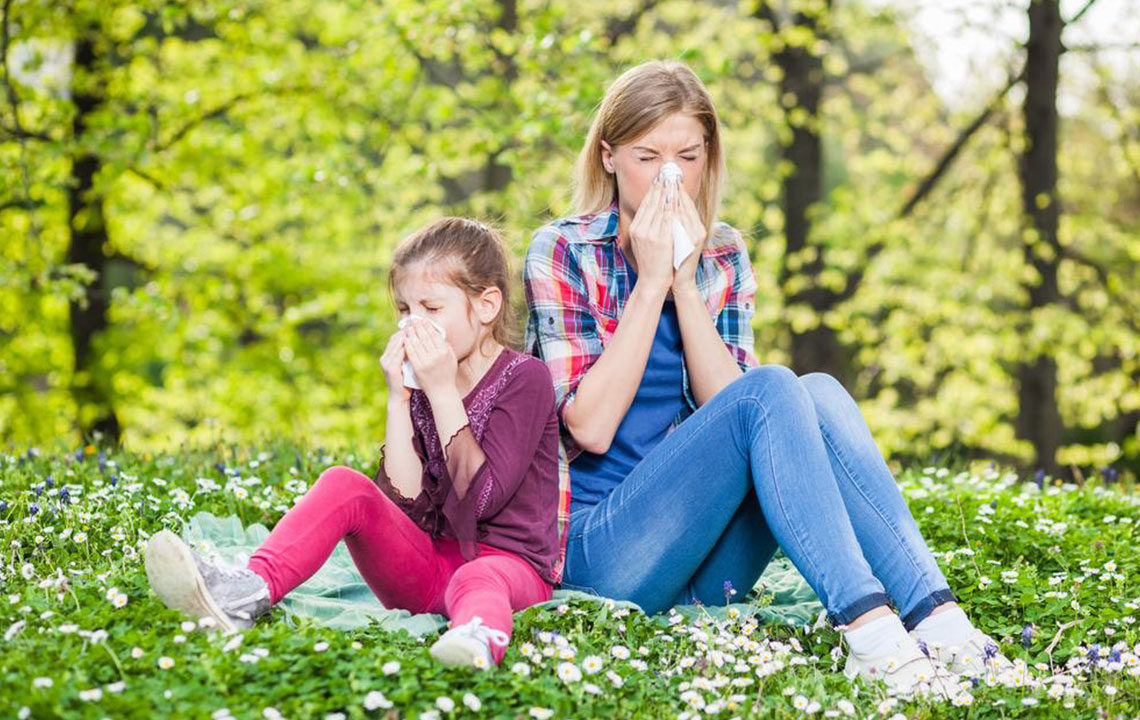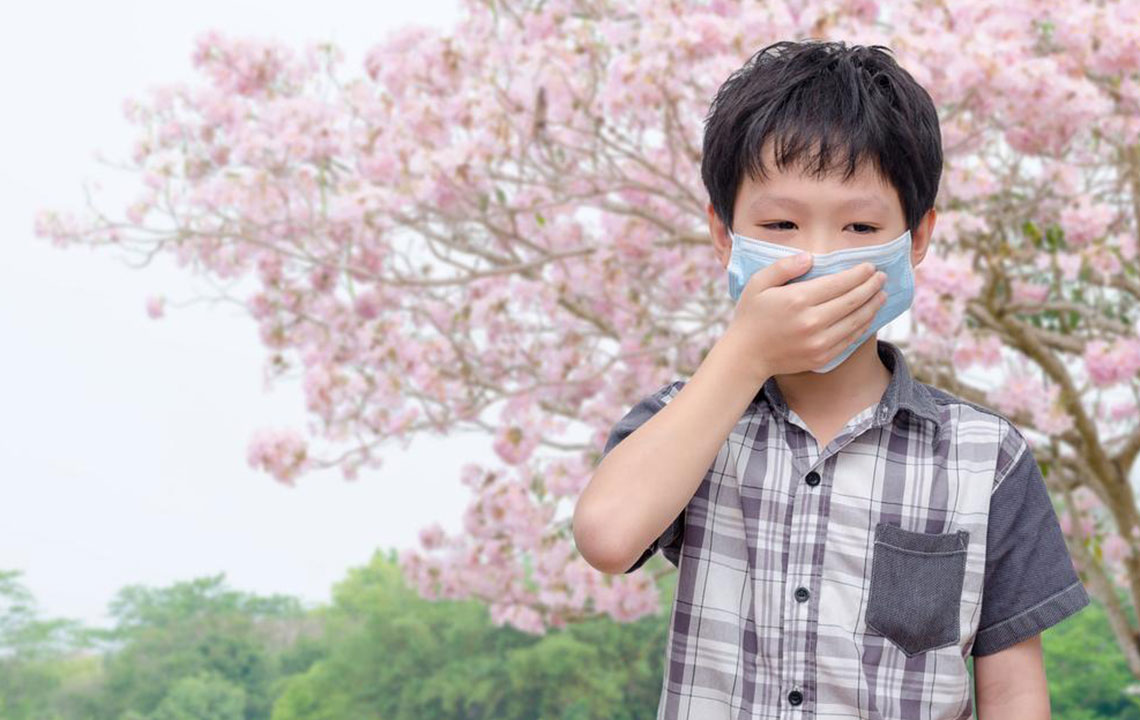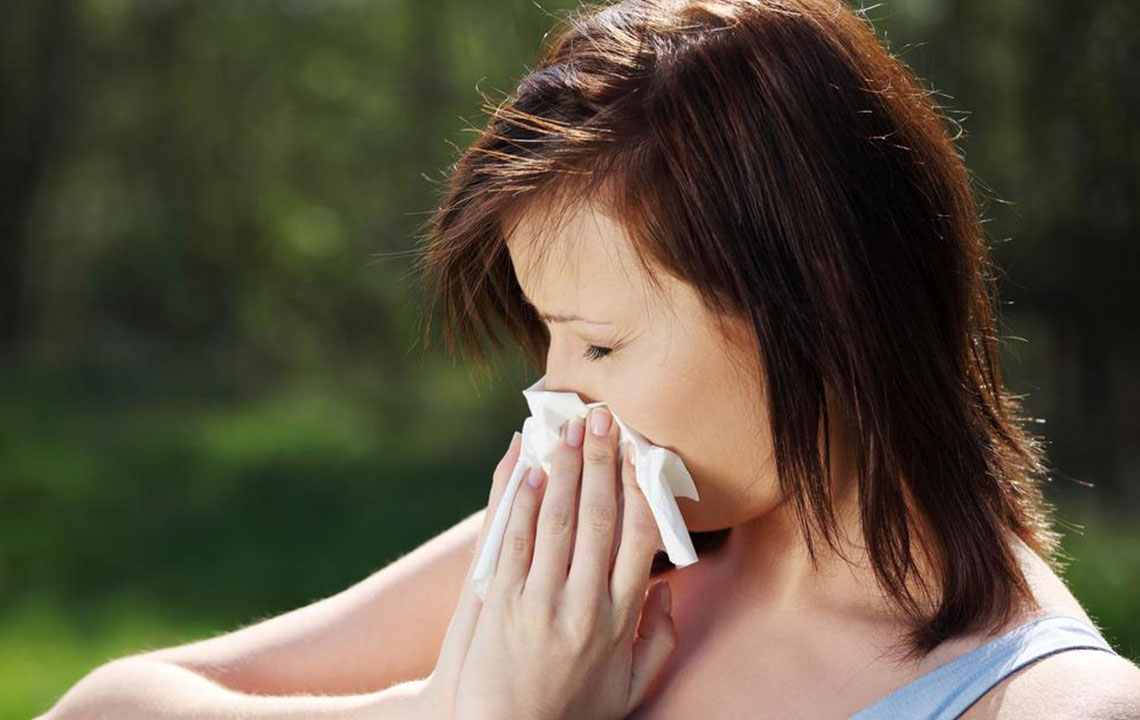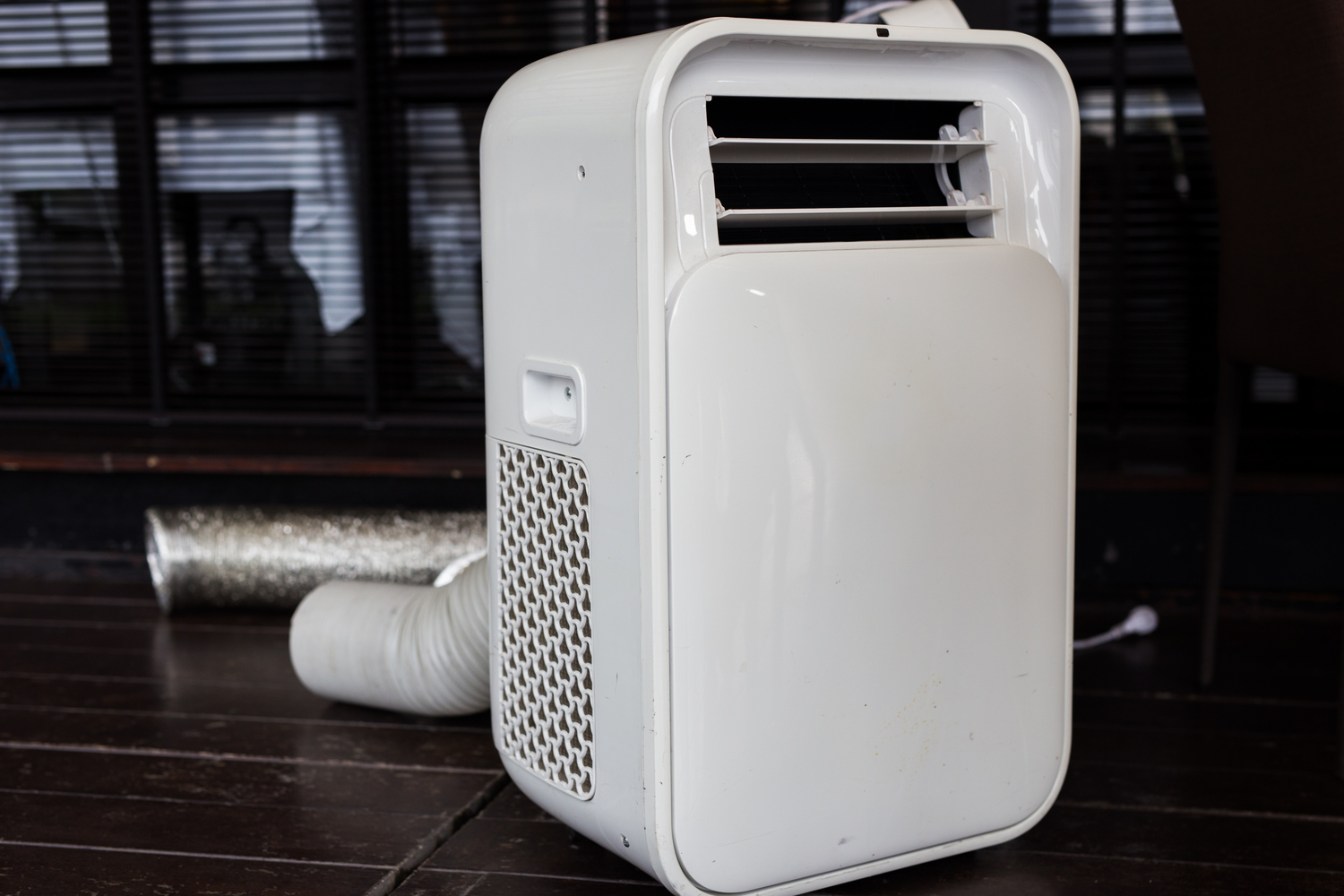Comprehensive Strategies to Prevent Pollen Allergies During Spring
Discover comprehensive, natural strategies to prevent pollen allergies during spring. From sealing windows and maintaining indoor air quality to dietary tips and protective gear, this guide offers practical solutions to reduce exposure and alleviate symptoms. Learn how lifestyle adjustments and natural remedies can help you enjoy the season comfortably, minimizing reliance on medications and boosting your immune resilience against pollen allergens.

Comprehensive Strategies to Prevent Pollen Allergies During Spring
Springtime marks the arrival of warmer weather and blooming flowers, but it also brings a surge in pollen levels which can trigger allergies in many individuals. While medications are commonly used to manage allergy symptoms, there are numerous natural and practical measures you can take to significantly reduce exposure to pollen. Implementing these strategies can lead to improved comfort, better sleep, and enhanced overall well-being during peak allergy seasons.
Seal Your Windows and Doors Effectively
One of the simplest yet most effective steps is to keep your living environment enclosed. During high pollen periods, especially in the early mornings when pollen counts are at their peak, ensure windows and doors are tightly shut. Installing or maintaining proper sealing and weather-stripping around windows prevents pollen from drifting indoors. Additionally, utilizing air conditioning systems that filter and circulate indoor air can substantially decrease pollen levels inside your home. Regularly changing air filters and using HEPA filters can further improve indoor air quality, creating a cleaner environment and reducing allergy triggers.
Maintain a Pollen-Free Indoor Environment
When venturing outdoors, pollen can cling to your skin, hair, and clothing, making indoor air a potential hazard. To minimize this, shower promptly after outdoor activities and wash your hair thoroughly to remove any pollen particles. Change into clean clothes once inside and consider leaving outdoor clothing outside or in a designated area. These steps prevent pollen from transferring into your bedding and furniture, reducing nighttime allergy symptoms. Investing in a high-quality air purifier equipped with HEPA filtration can also help remove pollen and other airborne allergens from your indoor space, supporting respiratory health.
Consistent pet grooming is essential in allergy prevention, as pets can harbor pollen on their fur and skin. Regularly bathing and brushing your pets reduces pollen transfer within your home environment, helping to lessen allergen levels and protect sensitive individuals.
Incorporate Natural Antihistamine Foods into Your DietNutrition plays a vital role in managing allergy symptoms naturally. Foods rich in natural antihistamines, such as garlic, onions, citrus fruits, and apples, can support your immune response. These foods contain compounds that may help balance histamine levels and alleviate allergy-related inflammation. Maintaining a diet rich in these nutrients can serve as an effective, supportive approach to symptom management and overall health.
Strengthen Your Immune System Against Pollen
Consuming locally produced honey or bee pollen in small amounts, daily, can promote tolerance to local pollen allergens. This traditional remedy works on the principle of desensitization by exposing your immune system gradually to the allergens, potentially reducing the severity of allergic reactions over time. Always opt for high-quality, local sources to ensure the pollen matches your region's allergenic profile.
Use Protective Gear Outdoors
During times of high pollen counts, wearing protective gear is a practical safeguard. A broad, well-fitted mask—similar to a painter’s mask—can filter out airborne pollen before it reaches your respiratory system. Additionally, large sunglasses can shield your eyes from allergen particles, preventing irritation and discomfort. While these accessories might not be fashionable, they are highly effective in minimizing allergic reactions during peak seasons.
Incorporate Relaxation and Stress-Reduction Techniques
Stress can exacerbate allergy symptoms by increasing inflammation and allergic responses in the body. Practicing relaxation techniques like meditation, deep breathing exercises, or yoga can reduce stress hormone levels, particularly cortisol, which in turn can help modulate immune reactions to pollen. Staying calm and centered not only improves mental clarity but also supports your physical health in battling allergy symptoms.
Reduce Carpets and Use Hard Flooring
Carpets are notorious for trapping pollen, dust, and other allergens, making thorough cleaning challenging. During allergy season, consider removing carpets from high-traffic areas or replacing them with hard flooring such as hardwood, tiles, or laminate. These surfaces are easier to clean and do not harbor allergens, contributing to a healthier indoor environment. Regular sweeping and mopping can further eliminate lingering pollen particles from hard floors.
By actively adopting these natural and practical strategies, you can effectively diminish the impact of pollen allergies and enhance your quality of life. Combining environmental controls, dietary adjustments, protective measures, and stress management offers a comprehensive approach to allergy prevention. Remember, while medications can be helpful, integrating these natural methods can reduce dependence on pharmaceuticals and promote overall respiratory health. Staying proactive during high pollen seasons ensures you remain comfortable and protected throughout spring and beyond.





